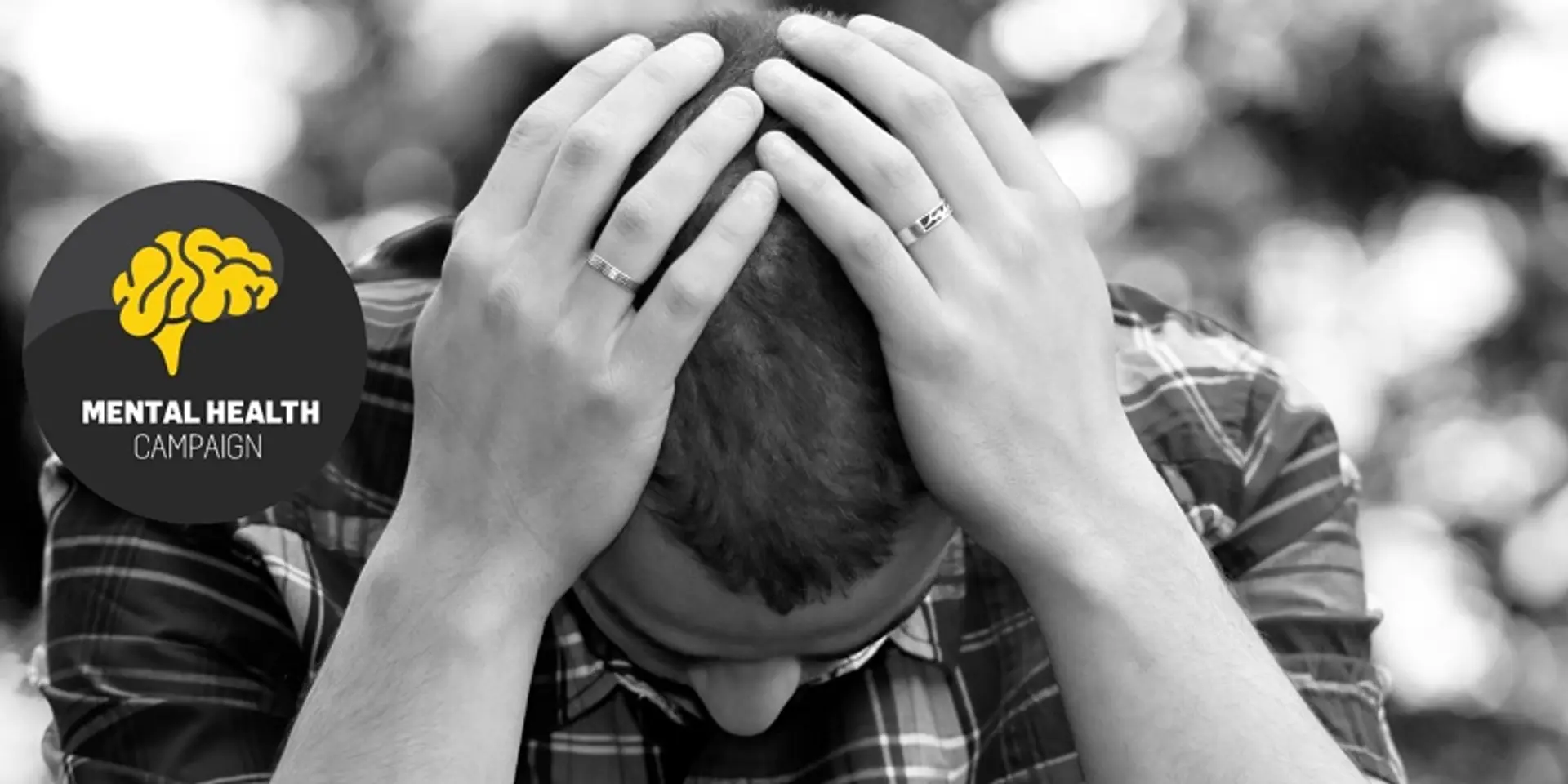Here’s how anxiety and depression are different from each other
Depression and anxiety are the two most common mental disorders prevalent in India. In a recent World Health Organization (WHO) sponsored study, it was found that 36 percent of our population is likely to be affected by depression at some point in their lives. Similarly, based on surveys conducted prior to the World Mental Health Day in 2013, one in four Indians suffer from anxiety. These two disorders are often confused with one another because of certain similarities in symptoms and treatment. Even bipolar disorder is mixed up with depression and anxiety. But in fact, their mental and physical effects on people are quite different.

Mental symptoms
Persons afflicted by anxiety disorders are generally apprehensive of their future. Fear and worry over the possibility that something terrible might happen consumes their mind, causing them to panic. Restlessness and irritability are also often observed in people with such illnesses. Their fight-or-flight mode kicks in even when there is no real danger in the surroundings. Therefore, they feel the need to run away or get defensive against others. Additionally, one’s ability to think clearly can be weakened making them more reckless in severe cases.
Depression, on the other hand, is characterised by a feeling of hopelessness. The person does not worry over the future but is sure it will turn out to be bad. Hence, they lose their willpower, concentration and interest in day to day activities, are drained of energy and can even become devoid of any emotion. Severe depression pushes a person into long periods of sadness and at the same time makes them angry and irritable. They are overcome with feelings of guilt and self-loathing and eventually withdraw into themselves. More importantly, suicidal thoughts and tendencies can potentially take hold, making depression dangerous if left untreated.
Physical manifestations
Depression does not produce as many physical reactions in a person as anxiety. Headaches or other body aches like back pain, changes in sleeping and eating patterns leading to weight loss are the usual symptoms. Its impact on mental health is far more hazardous to the patient’s life. Anxiety, however, can result in elevated heart rate, chest pain, uncontrollable trembling due to a surge in adrenaline, hyperventilation, breathing problems, nausea, fatigue and dizziness. It can also affect digestion and urination. While anxiety makes the sufferer physically edgy or tense, depression slows down body movements.
What are the commonalities?
Depression and anxiety both make it difficult to concentrate, though for different reasons. Fear or obsessions as a result of anxiety disorders, and their aforementioned physical symptoms make it difficult for the person to focus on anything else, hence rendering them incapable of performing regular tasks. Whereas depression results in an acute loss of energy, debilitating cognitive functioning. Fatigue, sleeplessness, headaches, changes in appetite and low self-esteem are also common for the two. In cases of chronic anxiety disorders, people may have thoughts related to suicide, same as if they were affected by major depression. Anxiety disorders and clinical depression can be caused by chemical imbalances. Similarly, stress, trauma, other medical conditions, substance abuse and genetic traits can trigger the disorders.

A person can be affected by both disorders at the same time
It is possible for depression and anxiety to co-exist. According to PsychCentral, a study showed that 85 percent of respondents with major depression also suffered from generalised anxiety disorder (GAD). Prevalence of both disorders is considered to be more dangerous as the risk of suicide is enhanced. Chronic anxiety can lead to depression due to an inability to cope and vice versa, which is why they are often grouped together. However, anxiety disorder and mood disorders are two separate categories that share a connection.
Treatment
Medication, interpersonal therapy and cognitive behavioural therapy (CBT) are commonly used as treatment for anxiety as well as depression. Selective Serotonin Reputake Inhibitors (SSRI) are a type of anti-depressants that are recommended for both the disorders. Anti-psychotic and anti-anxiety drugs are prescribed to patients with anxiety illnesses as well. Talk therapy is generally employed to help them figure out the cause and explore their relationships with family, friends and others. CBT, a type of talk therapy, involves trying to change one’s thinking and behaviour pattern to produce positive effects. Here’s where it is important to differentiate between the two disorders. For anxiety patients, the emphasis should be on letting go of compulsions and worries and accepting that the future cannot be controlled. Exposure therapy is a good way to help in getting there by putting them in situations they fear so that they eventually learn to confront them. CBT includes similar steps for depression but the focus would be on reducing the patient’s negativity or pessimism by making them adopt a problem solving and enthusiastic attitude. It is also necessary to check for co-existence of the disorders because if one is leading to the other, both have to be treated for the person to be properly healed.
Also read : Anxiety, mental health, depression — you don’t need to relate to the problem to accept that it exists
Following a healthy lifestyle is probably the best way to fight anxiety and depression as well as prevent them from occurring. Exercise, sleep and diet play a major role in keeping the mind healthy. Furthermore, meditation and yoga can help in relaxation and keeping negative thoughts out. It is important to prioritize tasks and set realistic goals because overreaching (and overthinking when unable to meet the objectives) can result in stress. Getting involved in leisurely projects outside of work and talking to friends and family will surely ease such problems. Mental disorders are treatable and can be easily cured through self-initiative and professional help. It is only a matter of acceptance and awareness.
We at YourStory are dedicating a month long campaign to speak and hear about Mental health in support of raising awareness. Watch out for this space, as we do our bit to remove the stigma attached to the disorder. If you have a story to tell, reach out to us at [email protected].







